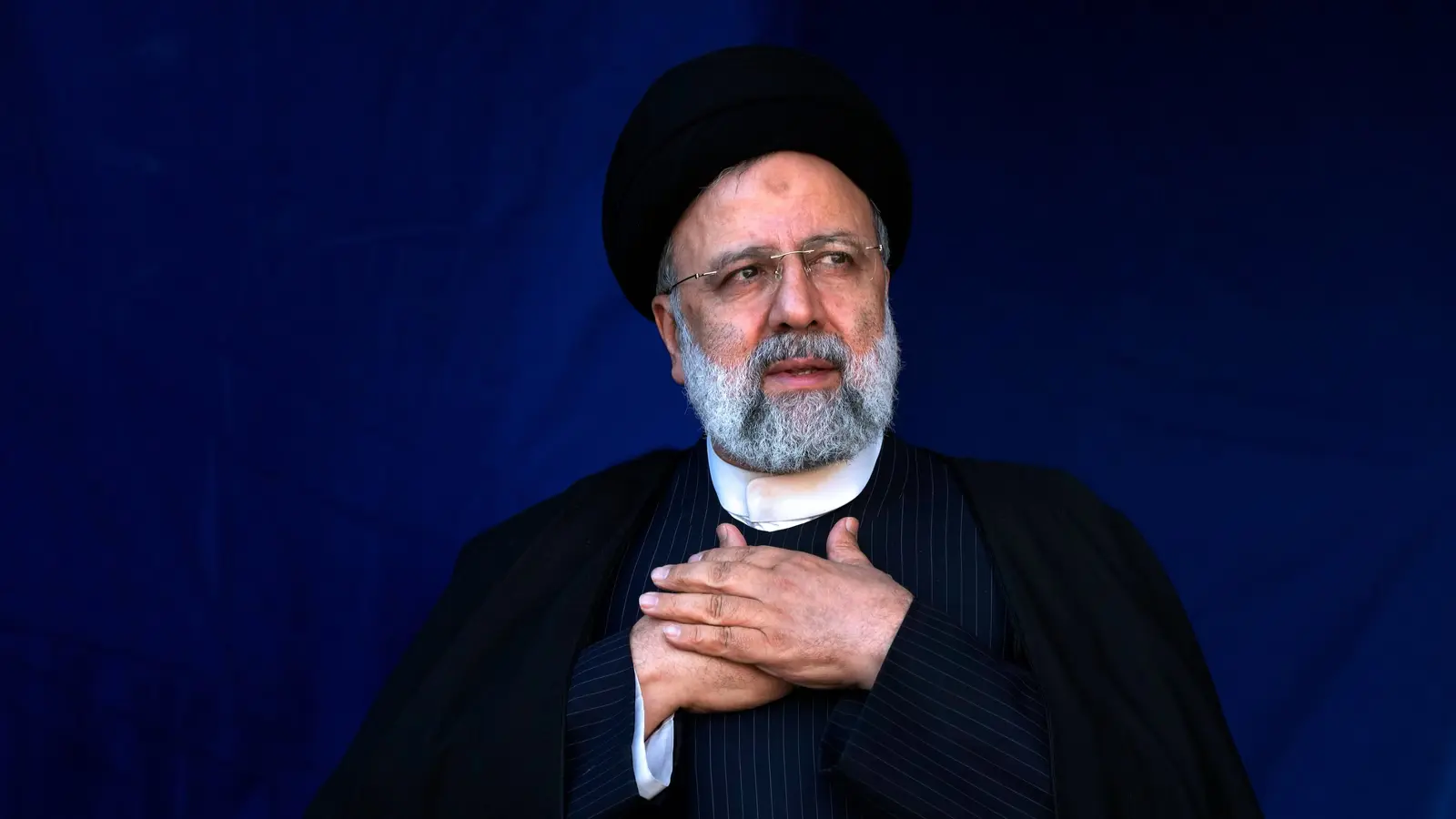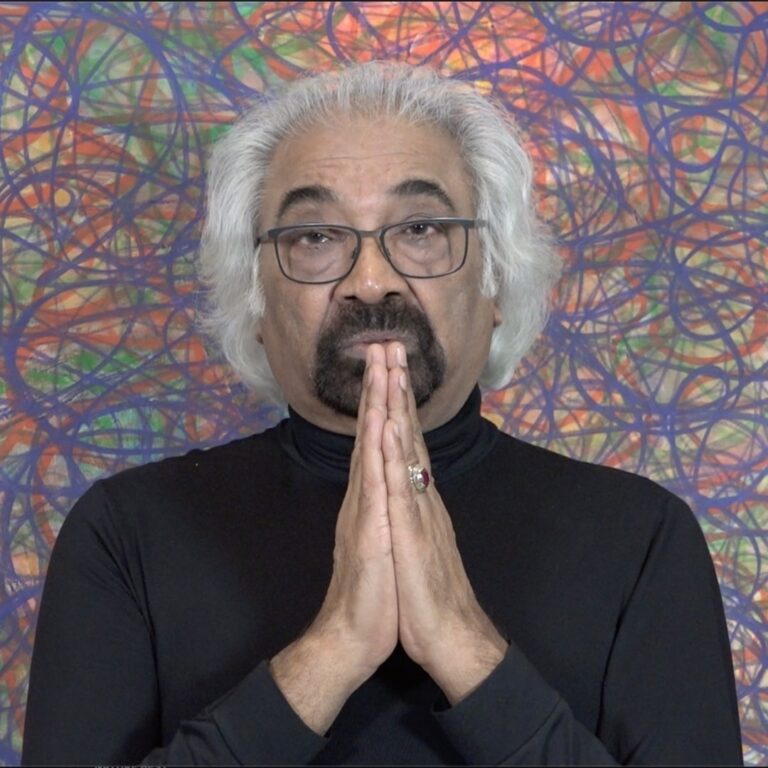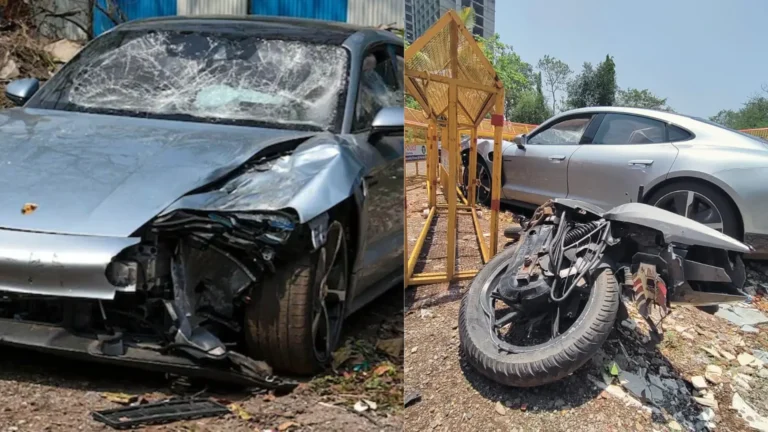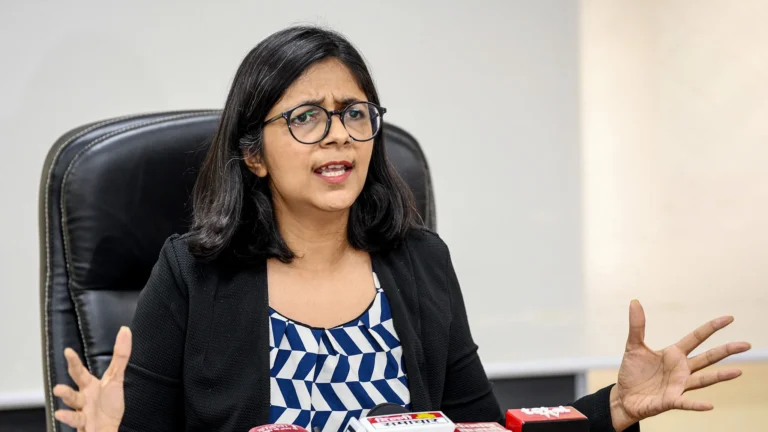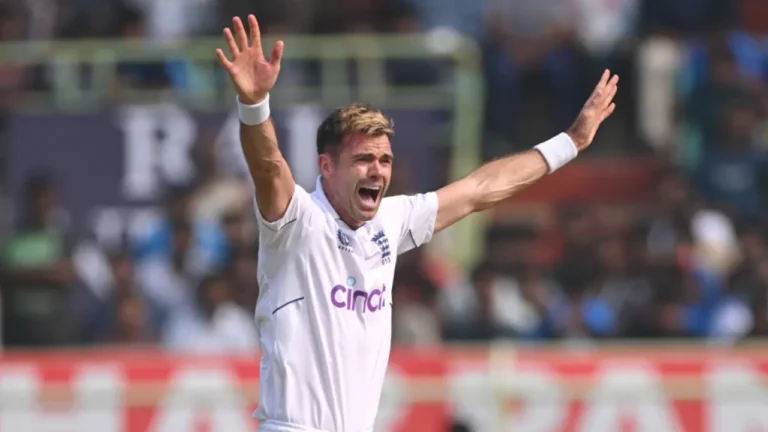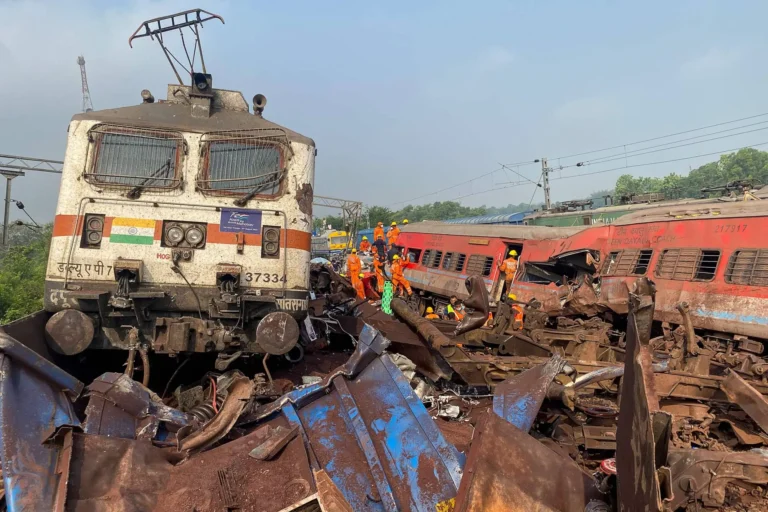Impact of Ebrahim Raisi’s Death on Iran and Global Politics 2024
The recent death of Iran’s president, Ebrahim Raisi, has sent shockwaves through the region and the world. This unexpected event has not only caused a leadership vacuum in Iran but also raises questions about the future of Iran’s domestic and foreign policies. The ramifications of this incident extend beyond Iran’s borders, affecting geopolitical dynamics and relationships, including those with India.
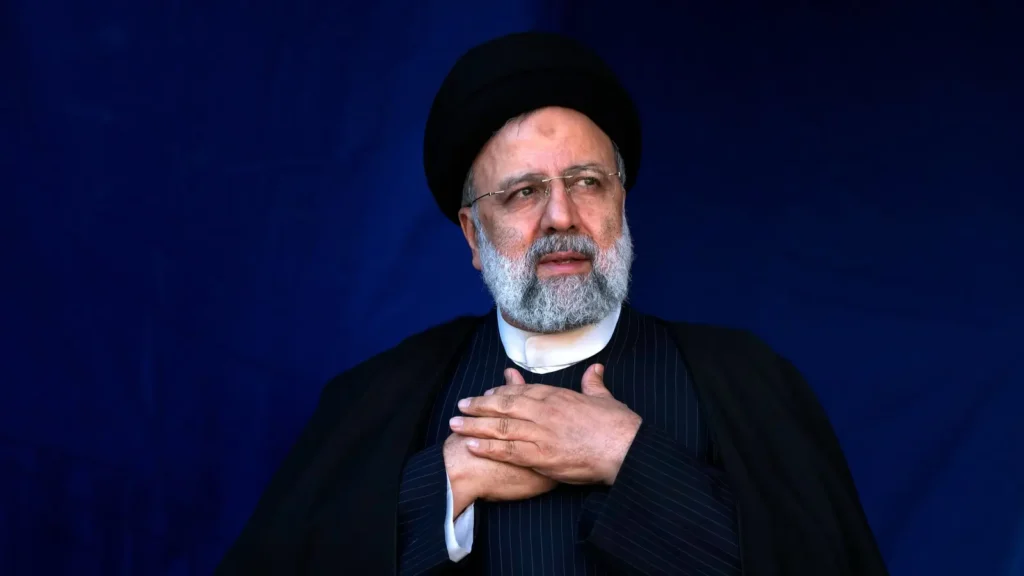
Table of Contents
A Brief Overview of Ebrahim Raisi’s Career
Ebrahim Raisi, a prominent figure in Iranian politics, held various key positions before becoming president. His career was marked by significant influence within Iran’s judicial system. He served as the Chief Justice of Iran from 2019 to 2021 and was known for his conservative and hardline stance on numerous issues. His presidency began in August 2021, following an election that many observers criticized as being heavily skewed in his favor.
Raisi’s tenure as president was characterized by a commitment to conservative values and an effort to strengthen Iran’s economic and political independence. Despite facing significant challenges, including international sanctions and internal dissent, Raisi remained a steadfast advocate for Iran’s sovereignty and a vocal critic of Western influence.
The Helicopter Crash: Reason Of Ebrahim Raisi’s Death
On May 19, 2024, Ebrahim Raisi tragically died in a helicopter crash. The crash also claimed the lives of several high-ranking officials, including the Foreign Minister Hossein Amir-Abdollahian and Ayatollah Mohammad Ali Al-e Hashem. The exact cause of the crash is still under investigation, but it has highlighted issues with Iran’s air transport safety. This incident has plunged Iran into a state of uncertainty, with immediate effects on its governance and political stability.
The crash occurred during a routine inspection tour in Iran’s East Azerbaijan Province. Despite initial confusion and delays in rescue operations due to adverse weather conditions, the crash was confirmed by Iranian state media. The loss of such significant political figures in a single event has left a substantial void in Iran’s leadership, raising concerns about the country’s immediate political future.
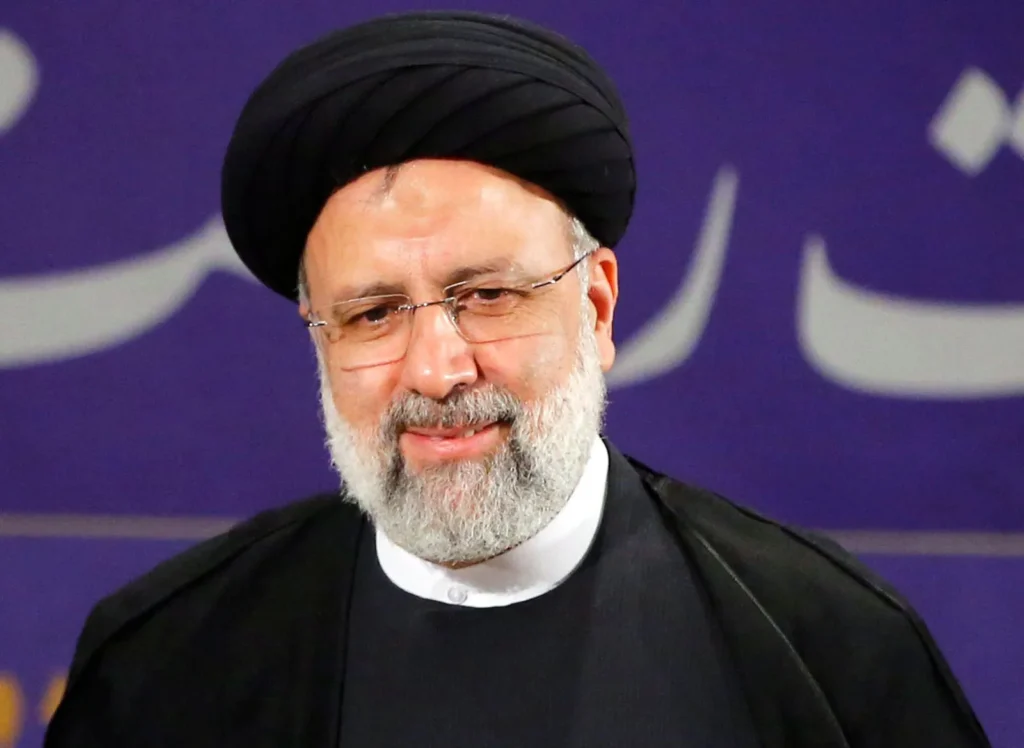
Domestic Implications for Iran
Political Vacuum
The sudden demise of Ebrahim Raisi has created a power vacuum at the top of Iran’s political hierarchy. This has prompted immediate concerns about succession and the future direction of Iranian politics. The process to appoint a new president could be contentious, potentially exacerbating existing political tensions within the country.
Iran’s political landscape is complex, with various factions vying for influence. The conservative establishment, which supported Ebrahim Raisi, is likely to push for a successor who will continue his policies. However, moderates and reformists may see this as an opportunity to advocate for change. This internal power struggle could lead to increased political instability in the short term.
Economic Concerns
Iran’s economy has been struggling with high inflation and unemployment. Ebrahim Raisi’s administration was focused on addressing these economic challenges. His death could disrupt ongoing economic policies and reforms, leading to further instability. The uncertainty might also deter foreign investments, worsening the economic situation.
The economic reforms initiated by Ebrahim Raisi included efforts to reduce reliance on oil exports and diversify the economy. These initiatives were still in their early stages, and his death leaves their future uncertain. Investors and international partners may adopt a wait-and-see approach, further delaying economic recovery.
Public Sentiment and Protests
Raisi’s presidency had been marred by significant public protests, especially following the death of Mahsa Amini in 2022. His death might reignite public dissent, particularly if the succession process is perceived as unfair or if it leads to further repression.
The Iranian public has demonstrated a willingness to protest against government policies, particularly those perceived as repressive or corrupt. The government’s response to these protests will be crucial in maintaining stability. A heavy-handed approach could lead to increased unrest, while a more conciliatory stance might help to ease tensions.
International Repercussions
Middle East Dynamics
Raisi’s death is likely to have significant implications for Middle Eastern geopolitics. Iran’s relations with its neighbors, especially Saudi Arabia and Israel, could see shifts depending on the policies of his successor. Raisi was known for his hardline stance on Iran’s nuclear program and its involvement in regional conflicts. Any changes in these policies could alter the balance of power in the Middle East.
The power struggle within Iran may also affect its foreign policy. A more conservative successor might continue Raisi’s policies, maintaining a confrontational stance towards the West and its regional rivals. Conversely, a more moderate leader could seek to de-escalate tensions and pursue diplomatic solutions.
Nuclear Negotiations
Negotiations around Iran’s nuclear program have been a contentious issue. Ebrahim Raisi’s administration had been involved in stalled talks with Western nations regarding the Joint Comprehensive Plan of Action (JCPOA). His death could either open new opportunities for dialogue or lead to a hardening of positions depending on the new leadership.
The future of the JCPOA is critical for regional and global security. A renewed commitment to negotiations could ease tensions and lead to a lifting of sanctions, providing much-needed economic relief for Iran. However, if the new leadership adopts a more aggressive stance, it could lead to further isolation and potential conflict.
Impact on India

Energy Security
India has been a significant importer of Iranian oil. Sanctions on Iran had previously disrupted this trade, but there were hopes for a resumption under Ebrahim Raisi’s administration. His death introduces uncertainty into these prospects. A new administration might have different priorities or face different international pressures, affecting oil supplies to India.
Energy security is a critical concern for India, which relies heavily on imported oil. Disruptions in the supply from Iran could force India to seek alternative sources, potentially at higher costs. This could impact India’s economy, particularly its energy-intensive industries.
Strategic and Economic Ties
India has been working on strengthening its strategic and economic ties with Iran, including investments in the Chabahar Port, which is crucial for India’s connectivity to Afghanistan and Central Asia. Changes in Iran’s political landscape could impact these projects, either delaying them or altering their scope.
The Chabahar Port project is a key element of India’s regional strategy, providing a direct route to Afghanistan and bypassing Pakistan. Any delays or changes to this project could affect India’s trade and strategic interests in the region. India’s ability to navigate these changes will be critical in maintaining its influence and economic interests.
Regional Stability
As a neighboring country, India has a vested interest in regional stability in the Middle East. Any escalation of tensions following Raisi’s death, whether related to internal instability in Iran or conflicts with other countries, could have broader security implications for India. This might necessitate adjustments in India’s foreign policy and defense strategies.
Regional stability is crucial for India’s economic and security interests. The Middle East is a major destination for Indian labor and a significant source of remittances. Additionally, instability in the region could impact global oil prices, affecting India’s economy. India’s foreign policy will need to adapt to these changing dynamics to protect its interests.
Conclusion
The death of Iran’s president marks a significant turning point for the country and the region. The immediate impact is one of uncertainty and potential instability, both domestically and internationally. For India, this event requires careful monitoring and potentially recalibrating its diplomatic and economic strategies to adapt to the changing dynamics in Iran and the broader Middle East. As the situation develops, the global community will be closely watching how Iran navigates this critical period and what it means for international relations and regional stability.
His death is a sign of upcoming problems on Global politics including India. We should stay alert!!
finologic.in

